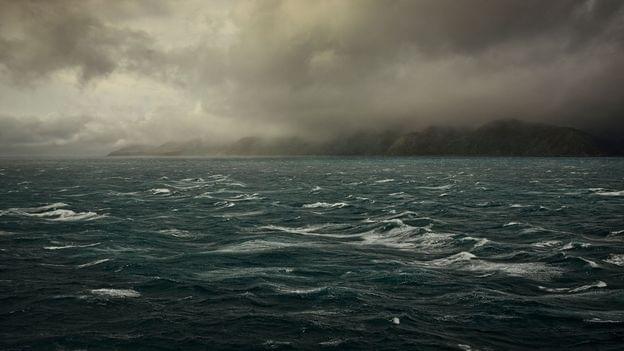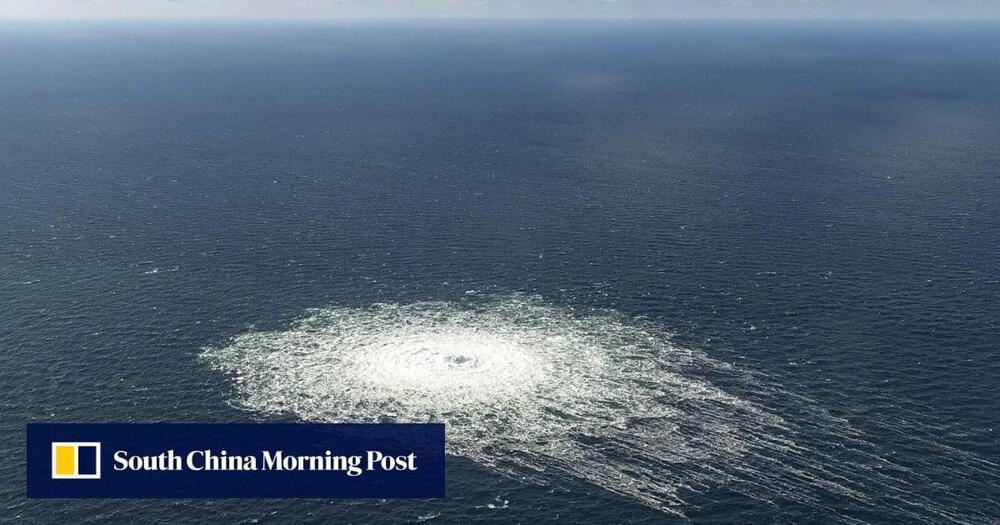
The fact that our actions have an impact on the large number of people who will live after us should matter for how we think about our own lives. Those who ask themselves what they can do to act responsibly towards those who will live in the future call themselves ‘longtermists.’ Longtermism is the ethical view that we should act in ways that reduce the risks that endanger our future, and in ways that make the long-term future go well.1
Before we look ahead, let’s look back. How many came before us? How many humans have ever lived?
It is not possible to answer this question precisely, but demographers Toshiko Kaneda and Carl Haub have tackled the question using the historical knowledge that we do have.


















